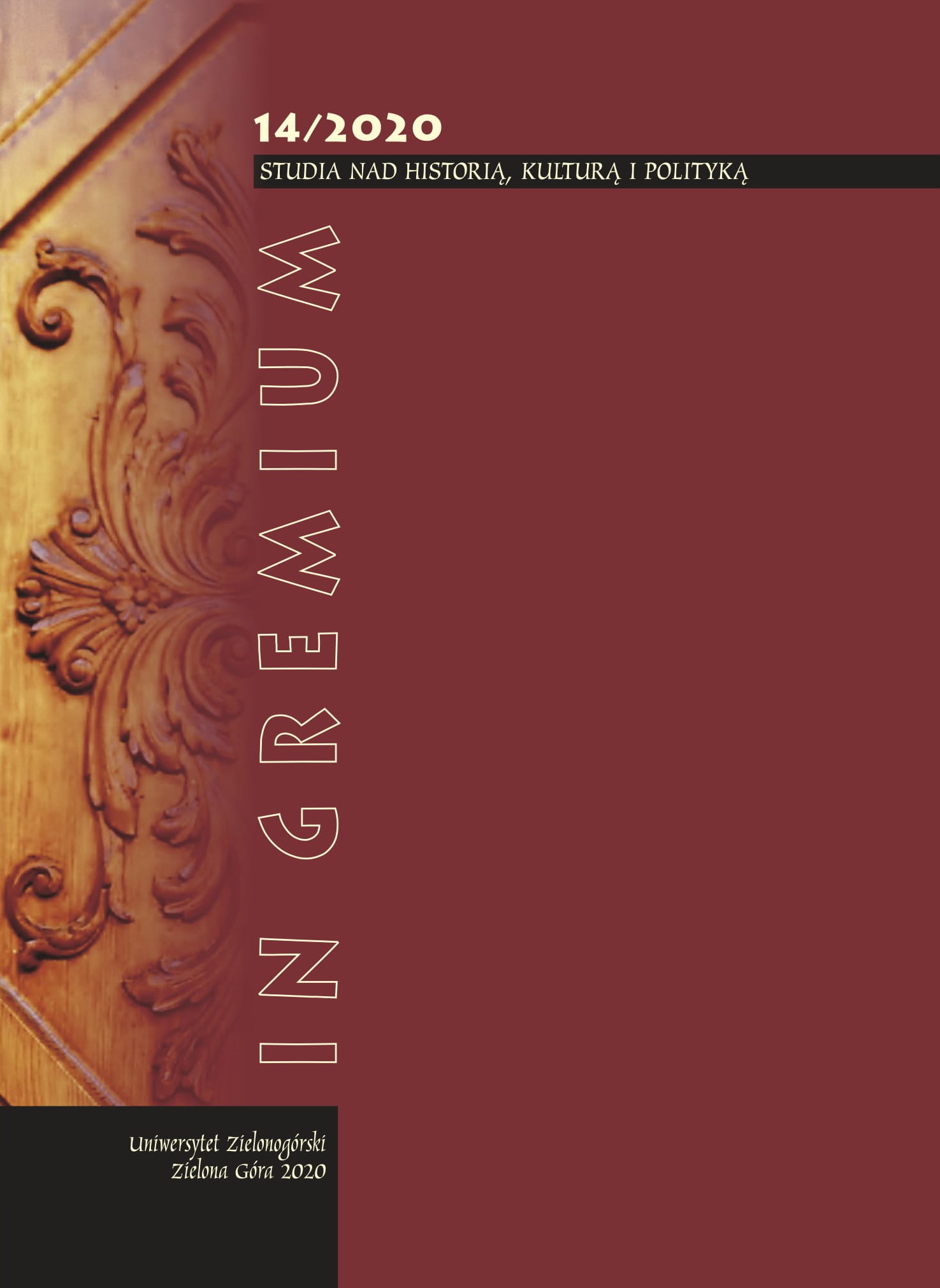Abstract
Giuseppe De Lorenzo (1871-1957) was a geologist, a translator of Buddhist texts and Schopenhauer, a great reader of Shakespeare and senator of the Italian Kingdom since 1913.
His multifaceted figure has been discussed and criticised over the years, but it keeps arousing a great interest for both the history of European culture in the early twentieth century and the history of Buddhism in Italy.
Shakespeare e il dolore del mondo (published in 1921), can be considered De Lorenzo’s first specific attempt to read into the works of the major western poets and philosophers an idea of pain that is actualized as a constant dimension.
The works of the English poet and playwright are subjected to an innovative and unorthodox analysis which has as objective “di cercare e mostrare come nell’opera di Shakespeare esista, in nuce, quella visione del dolore del mondo, che è alla base della dottrina di Buddho e di Schopenhauer” (“To seek and show how in Shakespeare's work there exists, in the beginning, that vision of the pain of the world, which was the basis of the doctrine of Buddho and Schopenhauer”, op. cit. pag. 14).
The research is devoted not only to the identification of a Buddhist seed in Shakespeare’s tragedies, but rather it is addressed to analyse the idea of pain in the world as well as to find an ethical way to eliminate suffering. A vision that is diametrically opposed to the Greek and Jewish-Christian worldview.
References
Hölderlin F., Tutte le liriche, edizione tradotta e commentata e revisione del testo critico tedesco a cura di Luigi Reitani, Milano, Mondadori, 2001.
De Lorenzo G., India e Buddhismo antico, Bari, Laterza, 1904-1926;
Discorsi di Gotamo Buddho del Majjhimanikāyo, per la prima volta tradotti dal testo pāli, Bari, Laterza, voll. 3, 1907-1927;
Shakespeare e il dolore del mondo, Bologna, Zanichelli, 1921;
Lord Byron, Caino, con introduzioni e note di G. De Lorenzo, traduzione di F. Milone Firenze, Sansoni, 1922;
Leopardi e Schopenhauer, Napoli, Ricciardi. 1923;
Il sole del Gange, Bologna, Zanichelli, 1925;
Natoli S., L’esperienza del dolore, Milano, Feltrinelli, 1986.
Rensi G., Frammenti d’una filosofia dell’errore e del dolore, del male e della morte, Napoli, Orthotes, 2011.
Salvati A., Giuseppe De Lorenzo e il Buddhismo, Napoli, OXP, 2016.
Shakespeare W., Teatro completo, a cura di Giorgio Melchiori, vol. 9, Milano, Mondadori, 1976-91.

